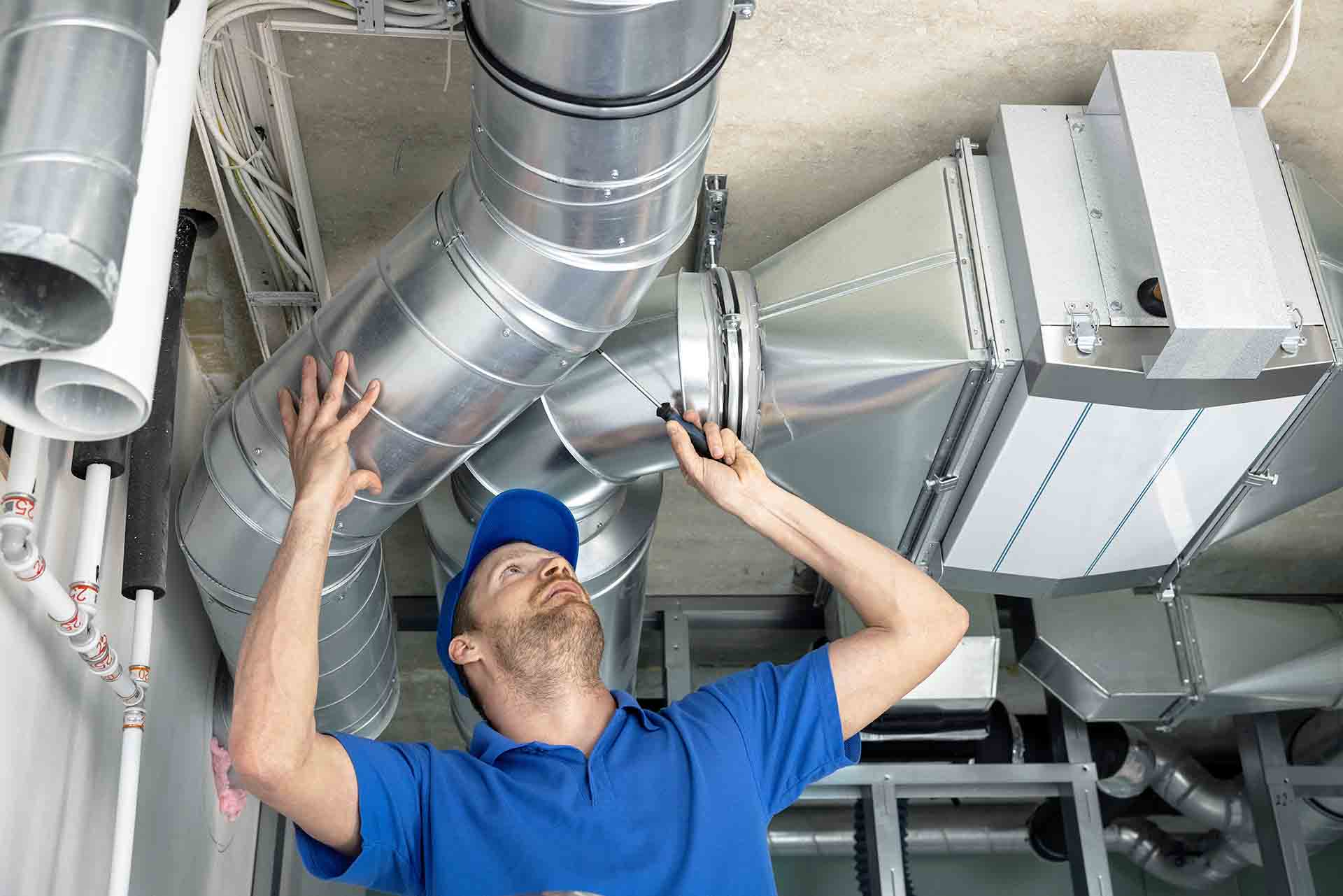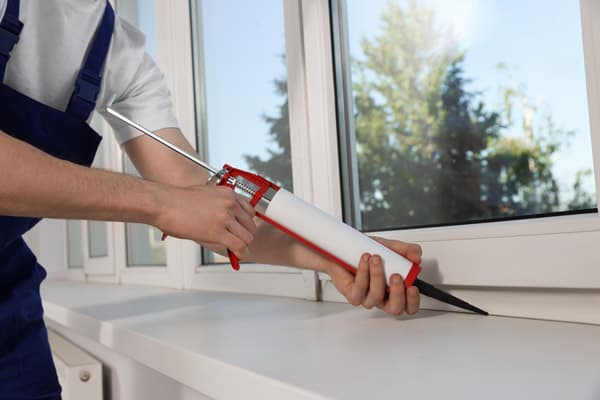HVAC Commissioning: When Is The Best Time for Optimal Performance?
HVAC commissioning is a crucial process that ensures the optimal performance, compliance, and energy efficiency of heating, ventilation, and air conditioning (HVAC) systems. Undertaking HVAC commissioning at the right time is essential for maximizing the benefits and performance of the system. For any property owner or manager, understanding the best timing for HVAC commissioning is vital for ensuring optimal performance and long-term satisfaction. When considering HVAC commissioning, it’s essential to consult with a knowledgeable local plumber to determine the most appropriate timing for your specific needs to get local plumber.
Timing of HVAC Commissioning
The timing of HVAC commissioning can vary depending on various factors, including the project’s scope, construction timeline, and seasonal considerations. Breaking down the timing into pre-installation, post-installation, and ongoing commissioning phases helps ensure that the system operates efficiently from the outset and continues to do so throughout its lifespan.
Pre-Installation Considerations
Before the HVAC system is installed, several pre-installation considerations must be taken into account to determine the optimal timing for commissioning.
Design Phase
During the design phase of the project, HVAC commissioning should be considered to ensure that the system’s design meets performance requirements and regulatory standards. Consulting with HVAC engineers and contractors early in the design process can help identify potential issues and ensure that the system is designed for optimal performance from the start.
Equipment Selection
The selection of HVAC equipment plays a crucial role in determining the timing of commissioning. Once the equipment has been selected, commissioning can be scheduled to coincide with the installation timeline, ensuring that the system is commissioned promptly after installation.
Construction Timeline
The construction timeline also influences the timing of HVAC commissioning. Commissioning should be scheduled to occur after the HVAC system has been installed but before the building is occupied to allow for any adjustments or corrections that may be needed.
Post-Installation Commissioning
After the HVAC system has been installed, commissioning can take place to verify that the system is operating as intended and to make any necessary adjustments.
Completion of Construction
Commissioning typically occurs after the completion of construction but before the building is occupied. This allows for any issues or deficiencies to be identified and addressed before occupants move in.
Before Occupancy
Commissioning before occupancy ensures that the HVAC system is functioning correctly and that occupants will experience comfortable indoor conditions from the moment they move in.
Seasonal Considerations
Seasonal factors also play a role in determining the timing of HVAC commissioning.
Ongoing Commissioning
Even after the initial commissioning process is complete, ongoing commissioning is essential for ensuring that the HVAC system continues to operate efficiently and effectively.
Regular Maintenance
Regular maintenance is crucial for ensuring the long-term performance and efficiency of the HVAC system. Scheduled maintenance visits allow technicians to identify and address any issues before they escalate into more significant problems.
System Upgrades or Modifications
As buildings evolve and technology advances, HVAC systems may need upgrades or modifications to remain efficient and compliant with current standards. Commissioning should be performed whenever significant changes are made to the HVAC system to ensure that the modifications are successful and that the system continues to operate optimally.
Changes in Building Use or Occupancy
Changes in building use or occupancy can also necessitate commissioning to ensure that the HVAC system can adequately meet the new requirements. Commissioning should be performed whenever there are significant changes to the building’s occupancy or use to ensure that the HVAC system can adapt to the new demands.
Benefits of Timely HVAC Commissioning
Optimizing the timing of HVAC commissioning offers several benefits for property owners and occupants.
Early Detection of Issues
Commissioning at the right time allows for early detection of any design flaws or installation errors that may impact system performance. By identifying and addressing these issues early on, property owners can avoid costly repairs and downtime in the future.
Optimization of System Performance
Commissioning ensures that the HVAC system is operating at peak performance, maximizing energy efficiency and comfort for occupants. By fine-tuning controls, balancing airflow, and optimizing system parameters, property owners can minimize energy consumption and operating costs while maintaining comfortable indoor conditions.
Enhanced Comfort and Satisfaction
Commissioning also enhances indoor comfort and satisfaction for building occupants. By ensuring consistent temperature control and improved indoor air quality, property owners can create a healthier and more comfortable indoor environment for occupants, leading to increased satisfaction and productivity.
Conclusion
In conclusion, timing plays a crucial role in determining the success of HVAC commissioning. By considering factors such as the project scope, construction timeline, and seasonal considerations, property owners can ensure that commissioning occurs at the optimal time to maximize system performance and efficiency. Whether commissioning a new HVAC system or upgrading an existing one, prioritizing timely commissioning is essential for ensuring long-term satisfaction and comfort. Working with a knowledgeable local plumber can help property owners determine the best timing for HVAC commissioning and ensure that their systems operate efficiently and effectively for years to come.



Post Comment